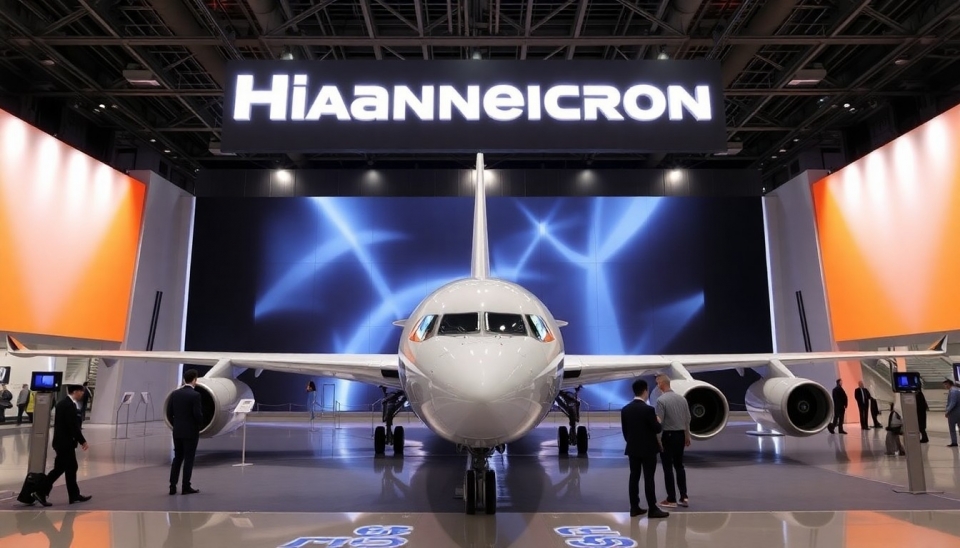
As 2024 unfolds, a stark contrast in stock market performances has emerged between South Korea and Taiwan, culminating in a staggering trillion-dollar gap in market valuations. This trend not only reflects differing economic trajectories but also emphasizes geopolitics and technological sector dynamics that are shaping each nation’s financial landscape.
According to recent financial analyses, Taiwan's tech-driven market has propelled it to significant heights, particularly through its semiconductor industry, which has enjoyed unparalleled demand globally. In stark contrast, South Korea’s stock market has faced increasing challenges, stemming from a combination of geopolitical tensions, domestic economic woes, and a slowdown in the global tech sector. This divergence is illustrated by comparisons in market capitalizations, with Taiwan’s stock market surpassing South Korea's in total value, indicative of the shifting tides in investor confidence and economic strategy.
Industry experts point to Taiwan Semiconductor Manufacturing Company (TSMC) as a linchpin for Taiwan's market success. TSMC has been at the forefront of global technology manufacturing, reporting robust expansion and innovation. The company has benefited from strong demand for chips used in various sectors, including artificial intelligence and consumer electronics, further solidifying Taiwan's position in the high-tech arena.
Conversely, South Korea, which once boasted a formidable technological sector led by giants like Samsung and SK Hynix, has seen its stocks falter due to several factors. The ongoing semiconductor downturn, coupled with trade tensions and a sluggish domestic economy, has taken its toll on market performance. Analysts have expressed concerns about South Korea's ability to attract foreign investment amid these mounting challenges, which further exacerbates the wealth gap with Taiwan.
The implications of this divergence extend beyond just numbers on a stock exchange. Economically, it suggests varying degrees of resilience and adaptability to changing global market conditions. Taiwan appears to adapt effectively to new technology demands, while South Korea's historical reliance on its electronics sector is increasingly questioned as economic indicators remain volatile.
Additionally, geopolitical tensions, especially those involving China, also play a crucial role in shaping investor sentiments and, subsequently, the stock market outlook for these countries. Taiwan's strategic positioning and pivotal technological assets give it leverage in international relations, while the complexity of South Korea’s relationships with neighboring powers adds a layer of uncertainty to its investment attractiveness.
The next phase for both nations will heavily depend on their ability to navigate these challenges and seize opportunities. As the global economy continues to shift, monitoring how each country responds to these pressures will provide critical insights into future investment trends and economic health in the region.
As these dynamics evolve, the disparity in stock fortunes between Korea and Taiwan serves as a vital reminder of the interconnectedness of economics and geopolitics in a rapidly changing world.
For investors, the billion-dollar question remains: will South Korea find new avenues for growth and recovery, or will Taiwan continue to build on its recent momentum, further expanding the gap? Time will tell.
#Korea #Taiwan #StockMarket #Investments #Technology #Semiconductors #EconomicTrends #Geopolitics #Finance #MarketDivergence
Author: John Miller




